Welcome to APA Learn!
Explore the catalog by scrolling through the courses on each page or by filtering by topic, price, credit type, or credit amount. Your purchased courses will appear in your APA Learn dashboard.

Equitable strategies don’t guarantee representative data, so it’s critical to know who you're reaching and who you’re not. Here's how one community adopted an approach that has resulted in 20,000+ residents engaging from all corners of the community.
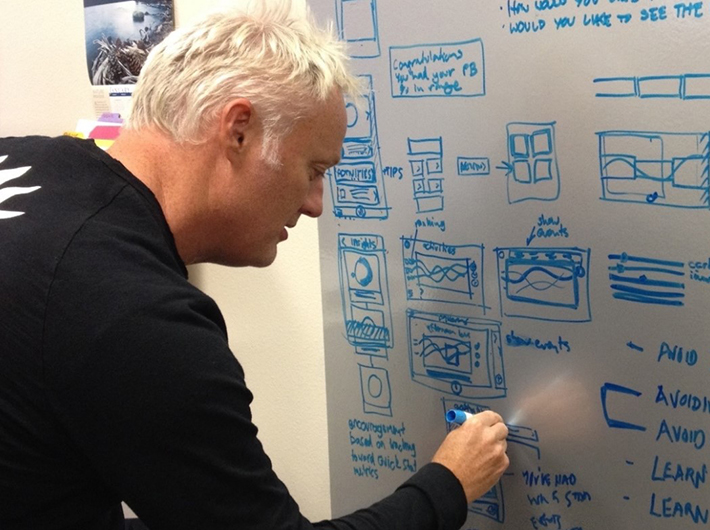
Dramatic results in transportation safety will require multi-faceted solutions, including behavioral changes. Physical interventions alone will be insufficient to discourage unsafe driving, as humans are hardwired to ignore warnings in certain contexts.
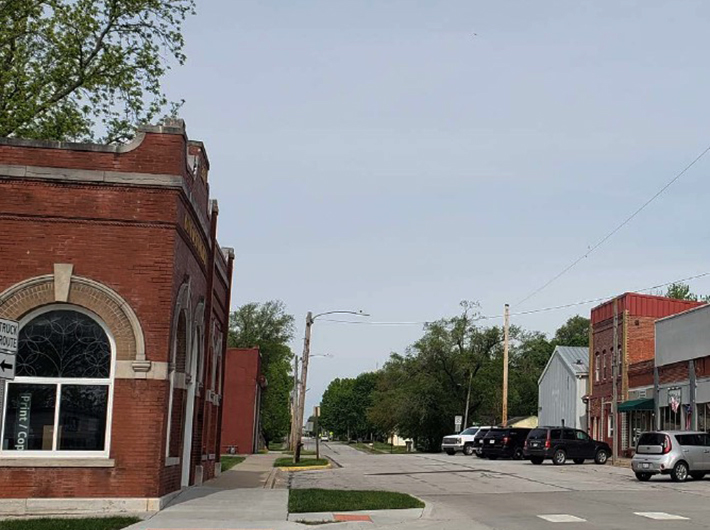
Edgerton was a small Kansas town prior to annexation of a BNSF Intermodal Facility that caused an explosion of industrial development in a short amount of time. To prepare for smart-growth, the City adopted a new Envision Edgerton Comprehensive Plan.

The expected quantity of climate migration over the next decades will place significant pressures on receiving communities but present an opportunity for transformative change. This course explores how places can prepare for climate in-migration while managing community needs, equity, and resilience.

Five presentations on innovative equity- and social justice-oriented projects: gendered experiences in public spaces in Islamabad, collaborations to support international students, housing and cities so 'no one is left behind', map tools as community engagement, and green space in informal settlements.

Twenty years ago, the first Diversity Forum was held at a National Planning Conference. Be a part of continuing to advance equity forward within APA and the planning profession.
CM I 1.00 (1.50 Equity)
Nonmember Price: $0.00
Member Price: $0.00
For a complete list of Speakers, click here.
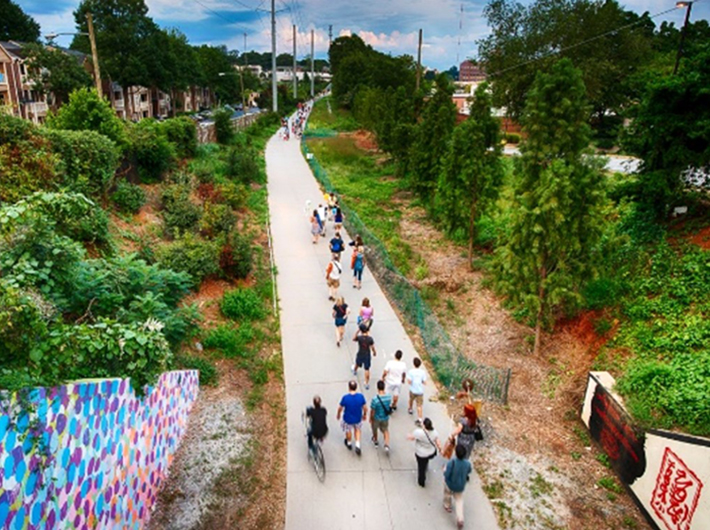
Atlanta anticipates a population increase to 750,000 by 2050. Atlanta’s Department of Parks and Recreation created its Activate ATL master plan to address growth. Learn about its goals and progress using the Equity Data Tool prioritizing Parks of Greatest Need.

Discover real-world examples of how planners are advancing equity in communities of all sizes. This session features case studies in real life that demonstrate practical strategies for addressing past harms, fostering healing, and creating more equitable and just communities.
CM I 1.50 (1.50 Equity)
Nonmember Price: $0.00
Member Price: $0.00
For a complete list of Speakers, click here.

How can communities increase equity in clean energy transitions? Learn what the City of Los Angeles, National Renewable Energy Laboratory, and UCLA found over two years of community engagement, modeling, and analysis in the LA100 Equity Strategies project.

The Thriving Communities Program administered by the United States Department of Transportation funds tailored technical assistance to under-resourced and disadvantaged communities, helping them better access historic infrastructure investments and deliver transformative projects. Learn how it advances equity in infrastructure funding.
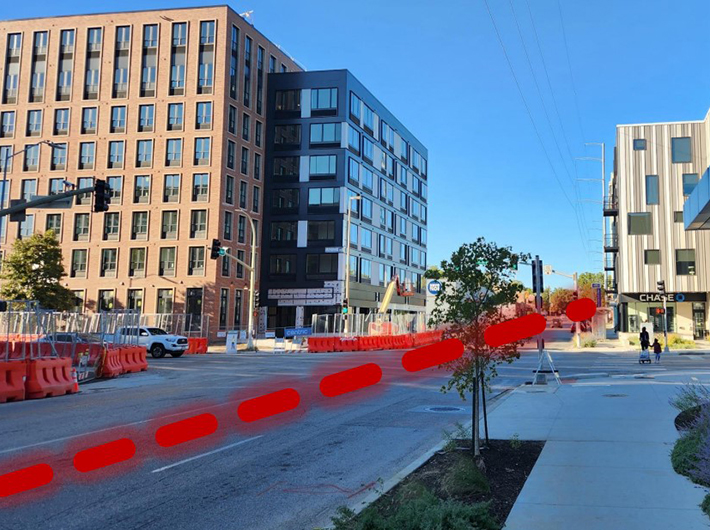
Decades after redlining was outlawed, communities still suffer from its legacy of barriers that perpetuate economic inequity and disinvestment. Learn how Kansas City, Missouri neighborhood leaders brought together residents, planners, and developers to establish community-focused redevelopment goals.

As we stand at the beginning of a technological revolution, planners have the unique opportunity to shape a future where AI not only innovates but also complies with ethical standards. In this panel, together with experienced practitioners, researchers, and futurists, we will delve into the core ethical challenges AI poses.

Learn about what's hot in the world of planning ethics from the AICP Ethics Officer and members of the AICP Ethics Committee. Understand how the updated Code of Ethics and Professional Conduct is being implemented in its initial years.
CM I 1.50 (1.00 Ethics)
Nonmember Price: $0.00
Member Price: $0.00
For a complete list of Speakers, click here.

Learn about what's hot in the world of planning ethics from the AICP Ethics Officer and members of the AICP Ethics Committee. Understand how the updated Code of Ethics and Professional Conduct is being implemented.
CM I 1.00 (1.00 Ethics)
Nonmember Price: $0.00
Member Price: $0.00
For a complete list of Speakers, click here.
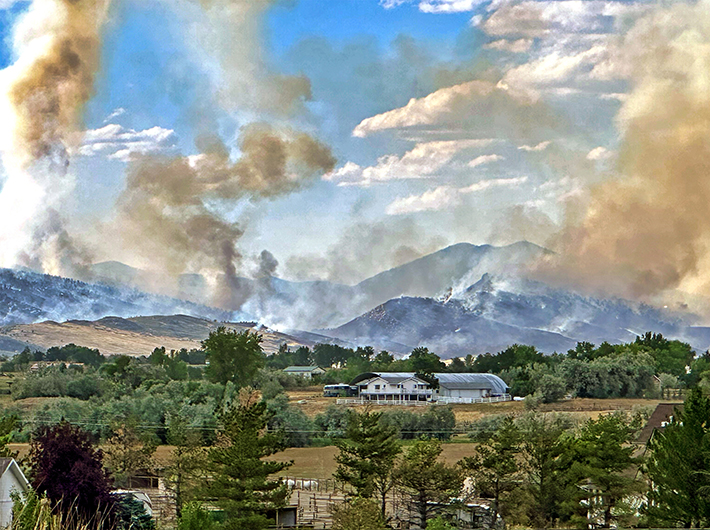
Counties across the West are witnessing alarming trends in wildfires burning rural, urban and suburban areas. This session brings together seasoned planning and mitigation professionals to share guidance on practical strategies to prepare for and recover from wildfire disasters.
CM I 1.00 (1.00 Sustainability & Resilience)
Nonmember Price: $0.00
Member Price: $0.00
For a complete list of Speakers, click here.

The panel will answer your questions to help you understand and identify critical skills necessary for success in a new role with elevated responsibility. This discussion is designed to explore challenges, encourage personal growth, and instill confidence in planners looking to bridge the gap between getting the job and being comfortable in your new role.
This product is not approved for CM Credit.
Nonmember Price: $0.00
Member Price: $0.00
For a complete list of Speakers, click here.

Presented in partnership with The Lincoln Institute of Land Policy, this course will introduce you to general aspects of how municipalities raise money, spend money, and develop budgets to meet the infrastructure and operations needs of the community.

Advanced Air Mobility (AAM), using electric vertical takeoff and landing (eVTOL) aircraft, has the potential to revolutionize the transportation of goods and people. Planners need to understand the capabilities and implications of AAM to effectively integrate long-term transportation and urban planning strategies.

This course will draw out innovative approaches to teaching international planning and identify the key skills future planners will need to address the global challenges the world is currently facing.

Planners are often at the forefront of local climate action. This course will describe straightforward local government climate action planning models and associated tools and resources in four states that connect climate and energy data with tailored high-impact actions.
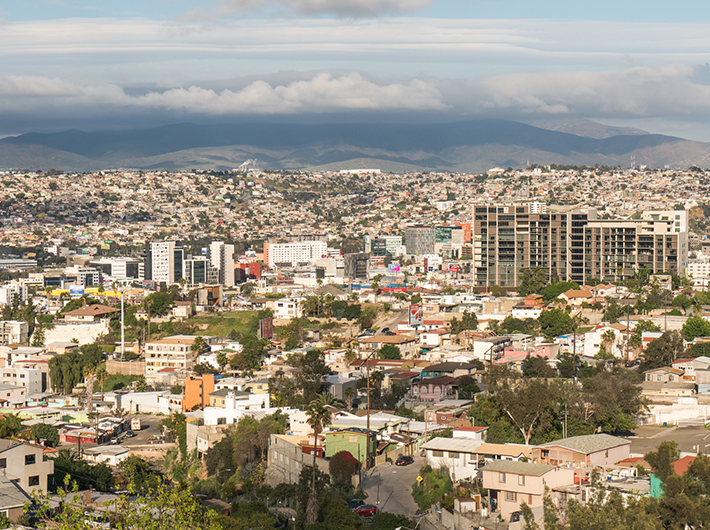
The session will explore diverse housing experiences from Egypt, Honduras, Pakistan, Mexico, and China, discussing planning strategies and management practices to address housing needs and challenges in urban areas with different densities and protected natural regions. Lessons learned will be presented.
This product is not approved for CM Credit.
Nonmember Price: $0.00
Member Price: $0.00
For a complete list of Speakers, click here.
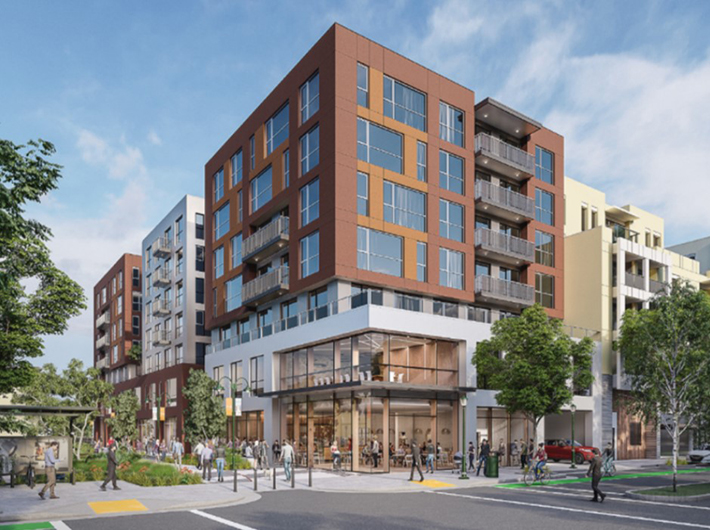
Learn how one small city added over 1,000 housing units to its downtown in five years by improving zoning standards, focusing on affordable housing, collaborating with partner agencies, and overcoming opposition to change.

Gen Z is entering the workplace with values, expectations and communication styles that can run counter to the office culture familiar to previous generations. If managing Gen Z's has left you dazed and confused, this session is for you.

Approximately 31.8% of the US population in the 2020 ACS Survey are youth, yet cities are not focusing on creating youth spaces. Hear why youth empowerment in planning is critical to placemaking, and how intentional youth-centered placemaking improves cities.
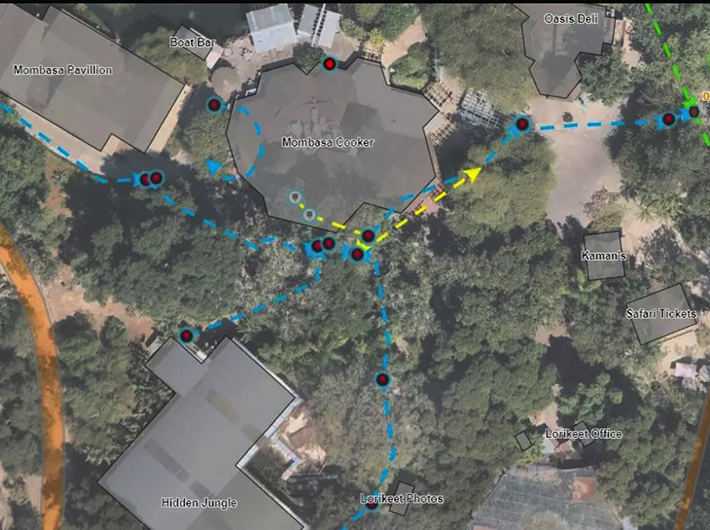
The amount of data that planners need to analyze has exponentially grown in the past decade. The speakers will showcase how evolving technologies, such as data science and GIS, are utilized to facilitate community data collection, analysis, monitoring, and storytelling.
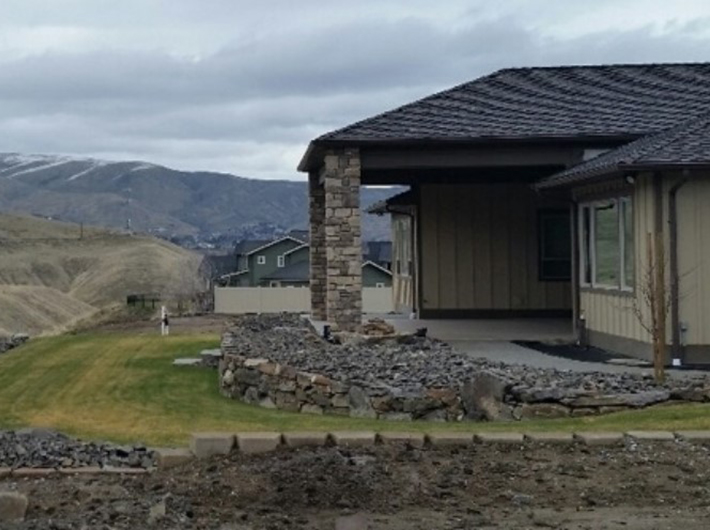
Tragic lessons from the past decade have revealed many communities are not prepared for wildfire. Learn about critical guidance and recommendations from experts in wildfire planning, hazard mitigation, and building science to incorporate wildfire resilience concepts across multiple community scales.
CM I 1.00 (1.00 Sustainability & Resilience)
Nonmember Price: $0.00
Member Price: $0.00
For a complete list of Speakers, click here.

Planners will review the evolving case law that led to Grants Pass v. Johnson, reflect on the legal tensions between municipal police power obligations and the rights of the unhoused, and learn from equitable alternatives to the criminalization of homelessness.
CM I 1.00 (1.00 Law)
Nonmember Price: $0.00
Member Price: $0.00
For a complete list of Speakers, click here.

The U.S. Supreme Court has experienced a tectonic shift to the right with President Trump's appointments. That anti-regulation, pro-property rights refocusing has a profound impact on planning. Knowing what the Court decided this Term and what to expect is essential.
CM I 1.50 (1.00 Law)
Nonmember Price: $0.00
Member Price: $0.00
For a complete list of Speakers, click here.
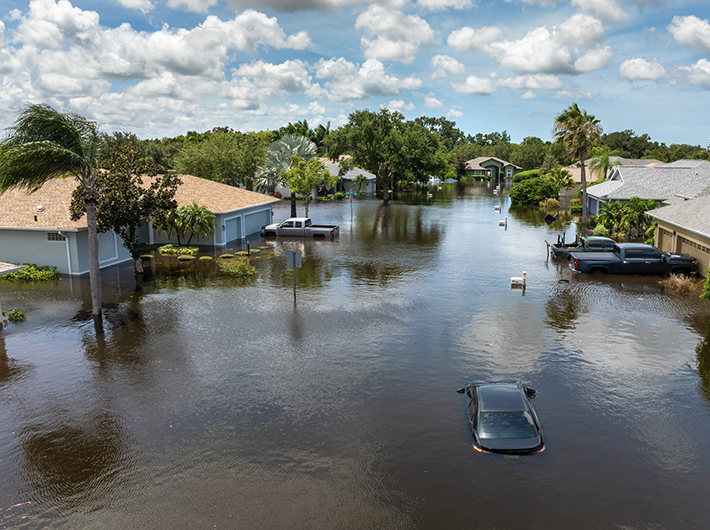
Attendees will hear about the community designed mitigation strategies and priorities for climate resiliency from the City of Los Angeles, City and County of Denver, and City of Austin. The best practices will also share non-traditional approaches to meaningful engagement.
CM I 1.00 (1.00 Sustainability & Resilience)
Nonmember Price: $0.00
Member Price: $0.00
For a complete list of Speakers, click here.
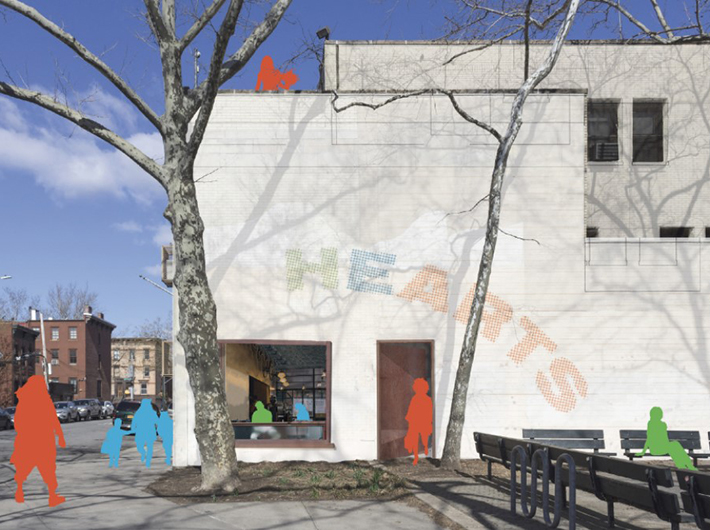
This course elevates the work the South Bronx community has been doing, led by South Bronx Unite (SBU), to dream, envision, and advocate to transform the former Lincoln Recovery Center into a thriving community hub: The Hearts Community Center.
